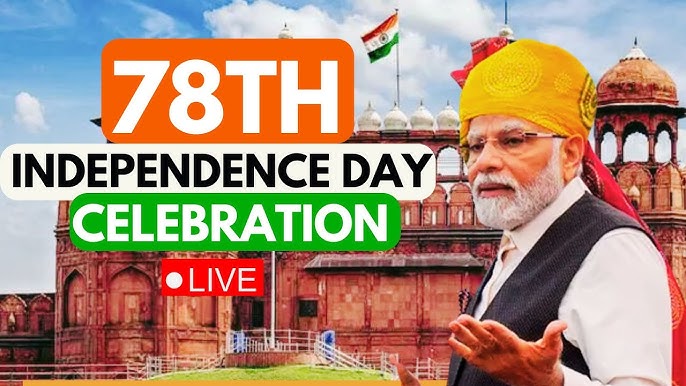PM SHRI Schools to showcase the implementation of NEP 2020 and emerge as exemplary schools
The Cabinet approved a new Centrally Sponsored Scheme named Pradhan Mantri Schools for Rising India (PM SHRI) on 7th September 2022.
These schools will showcase the implementation of the National Education Policy 2020 and emerge as exemplary schools over a period of time, and also offer leadership to other schools in the neighbourhood. The duration of the scheme is from 2022-23 to 2026-27.
The online portal of PM SHRI schools has already been launched on 03.11.2022. Furthermore, the selection of PM SHRI has been followed by a transparent challenge method, wherein Schools have self-applied on the online portal.
Selection is done through a three-stage process with definite timelines, which is as follows: –
Stage-1: States/UTs to sign MoU with Centre laying down the commitments for supporting these schools for achieving specified quality assurance as PM SHRI schools.
Stage-2: In this stage, a pool of schools that are eligible to be selected as PM SHRI Schools has been identified based on the prescribed minimum benchmark through UDISE+ data.
Stage-3: This stage is based on the challenge method for fulfilling certain criteria. Only the schools from the above eligible pool of schools compete to fulfil the challenge conditions. Fulfilment of conditions is to be certified by states/KVS/JNV through physical inspection.
As the schools are selected through challenge method, there would not be any predefined state/UT-wise break-up of schools. States/UTs are to recommend the list of schools to Ministry of education for selection as PM SHRI schools.
For modern, transformation and holistic method of imparting education, the major interventions in the PM SHRI Scheme are:
1. Quality and Innovation (Learning Enhancement Programme, Holistic Progress Card, Innovative Pedagogies, Bagless days, Internships with Local artisans, Capacity building etc.)
2. Beneficiary oriented Entitlements under RTE Act
3. Annual School Grants (Composite School grants, Library grant, Sports grant)
4. Early Childhood Care and Education including Balvatika and Foundational Literacy and Numeracy
5. Equity and Inclusion including provision of safe and appropriate infrastructure for girls and Children with Special Needs (CWSN).
6. Encouraging flexibility in choice of subjects offered to students.
7. Encouraging mother tongue as medium of instruction using technological interventions to help bridge language barriers between teachers and students.
8. ICT, smart classrooms and digital libraries for using digital pedagogy.
9. Strengthening of existing infrastructure
10. Vocational interventions & Enhancing internship/entrepreneurship opportunities especially with local industry. Mapping of skills with developmental projects/nearby industry and develop courses/curriculum accordingly.




